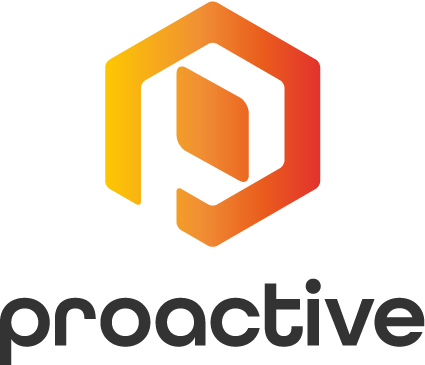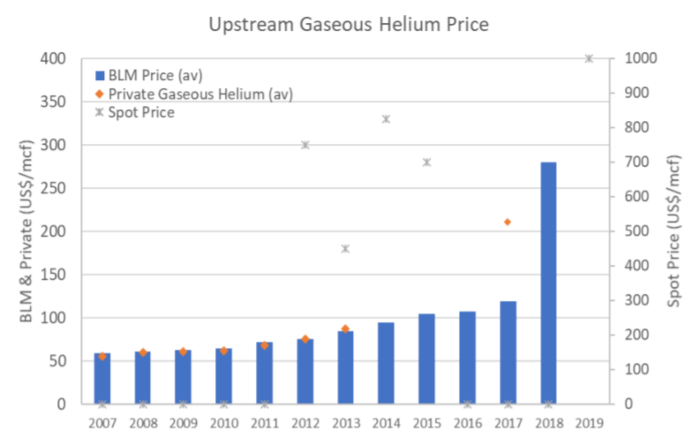Pharmaxis advancing anti fibrotic compounds towards phase 2 clinical trials; Bronchitol sales rise with FDA decision expected mid-year

Pharmaxis Ltd (ASX:PXS) has developed two small molecule inhibitors to the LOXL2 (Lysyl Oxidase Like 2) enzyme which have completed phase 1 clinical trials and 3‐month toxicology studies.
The LOXL2 enzyme is fundamental to the fibrotic cascade that follows chronic inflammation in the liver disease NASH, cardiac fibrosis, kidney fibrosis, and idiopathic pulmonary fibrosis (IPF) and it also plays a role in some cancers.
Studies to date have shown excellent pharmacokinetic parameters and substantial and long‐lasting inhibition of the target LOXL2 enzyme, demonstrating these compounds are best‐in‐class.
Adding to LOXL2 data package[hhmc]
Over the course of 2019 Pharmaxis re‐analysed samples from existing studies and designed new pre‐clinical studies that clearly showed the link between LOXL2 inhibition in diseased organs, a reduction in collagen crosslinking which is the cause of fibrosis and clinical effect as measured by the area of fibrosis.
The company is currently adding to the LOXL2 data package with a small but important phase 1 study investigating the effect of food and different dosing regimens on the PK profile. This will report in Q1 2020.
Pharmaxis is also pursuing a number of different partnering options to enable this drug to enter the clinic in phase 2 trials.
Systemic LOX inhibitor program[hhmc]
Pharmaxis is also working to progress two lysyl oxidase (LOX) programs from its amine oxidase chemistry platform, both of which are planned to be partnered after phase 2 clinical trials.
The most advanced LOX program has developed an oral drug that inhibits all lysyl oxidase family members (LOX, LOXL1, 2, 3 & 4) that is currently completing phase 1 studies.
The compound has shown significant reductions in fibrosis in in‐vivo models of kidney, liver and lung fibrosis, myelofibrosis and pancreatic cancer.
It is suited to the treatment of severe fibrosis as well as cancer with prominent stroma (connective tissue) or fibrotic metastatic niches.
Phase 1B study progressing well[hhmc]
Following positive results from the clinical Phase 1A single ascending dose study the drug progressed into the multiple ascending dose stage (phase 1B) in October 2019.
The single ascending dose stage (phase 1A) was conducted in 40 healthy subjects divided into five groups with each taking a different single oral dose or placebo.
The drug was well-tolerated and no safety signals were identified during the study.
Importantly for potential clinical benefit, the data showed a drug with good pharmacokinetics and a dose related inhibition of members of the LOX family with the upper doses causing strong inhibition for a full 24 hours after a single application.
The completed phase 1 study is due to report in Q1 2020 and if successful Pharmaxis will have all the data reRead More – Source
[contf]
[contfnew]

Proactiveinvestors
[contfnewc]
[contfnewc]




